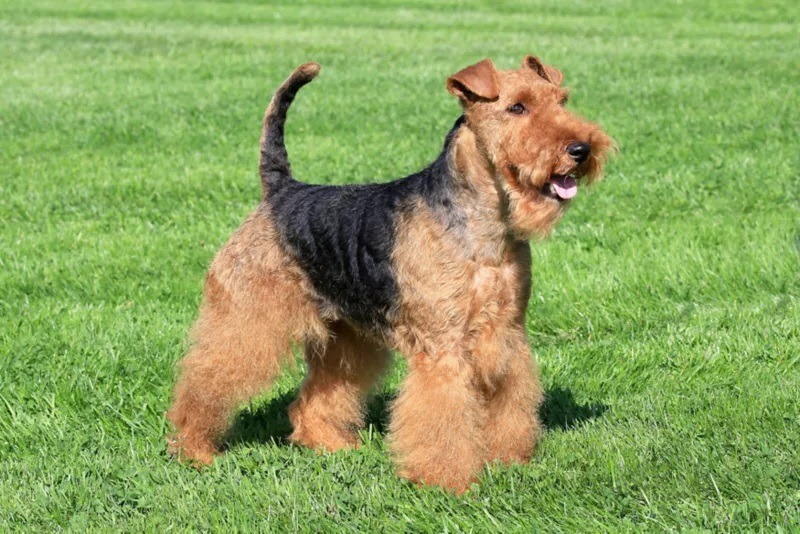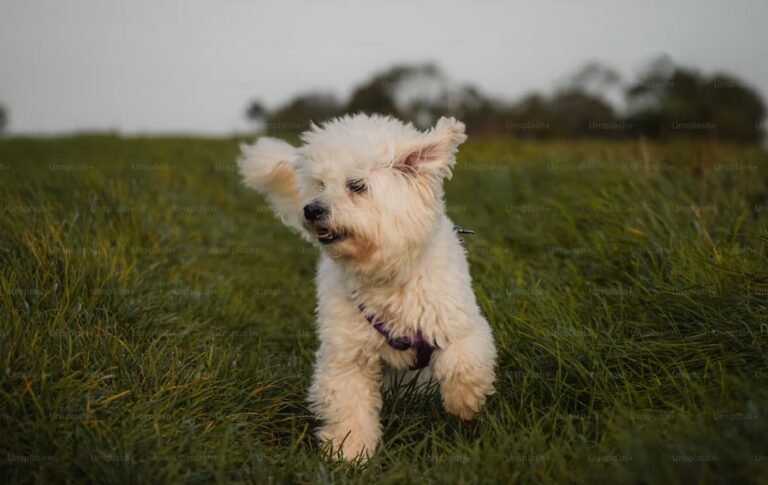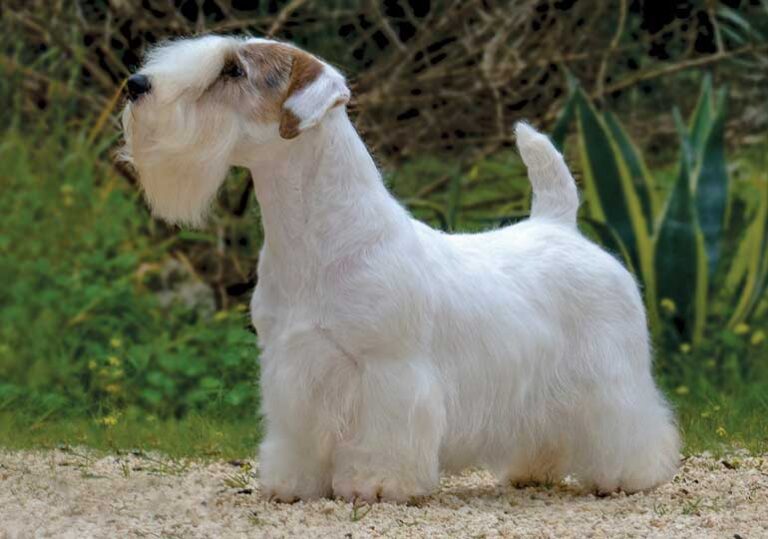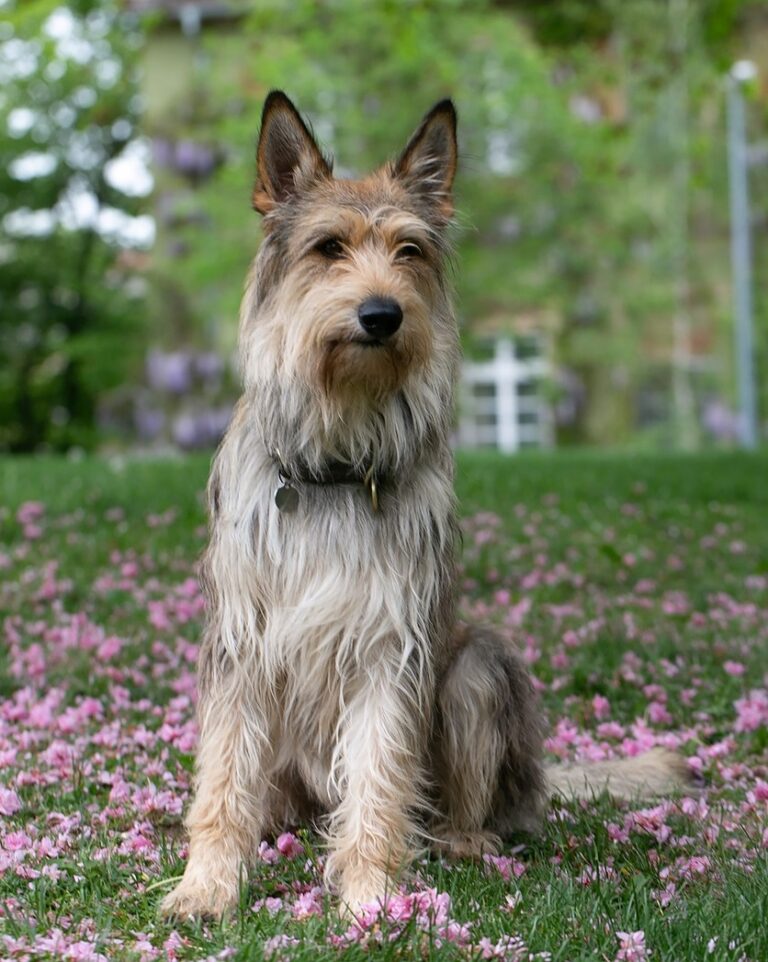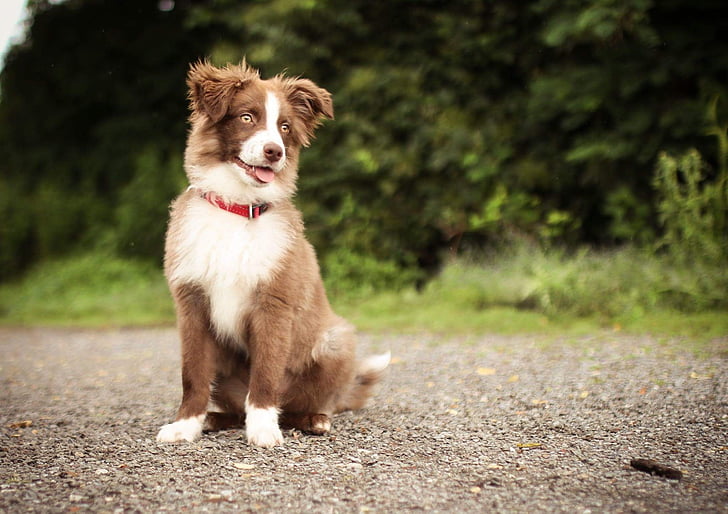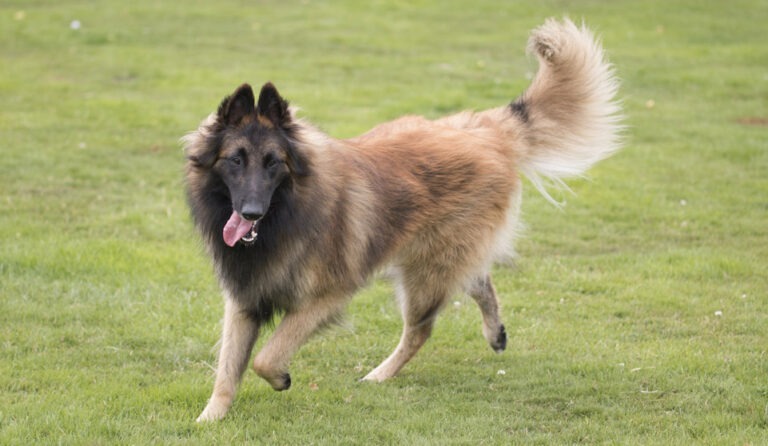Welsh Terriers is a British Terriers dog breed that embodies courage and spirit. These British terriers are known for their boldness and determination, making them the perfect companion for active individuals and families. With their distinctive wiry coat and compact size, Welsh Terriers are not only visually charming but also possess a remarkable intelligence that adds to their charm. In this article, we will delve deeper into the fascinating world of Welsh Terriers, exploring their history, characteristics, and how to provide the best care for these lovable and energetic dogs.
History of Welsh Terriers
Origins of Welsh Terriers
The Welsh Terrier, also known as the “Welshie,” is a breed of dog that originated in Wales, United Kingdom. Its origins can be traced back hundreds of years, making it one of the oldest terrier breeds in Britain.
The exact origins of Welsh Terriers are not well-documented, but it is believed that they descended from a mix of different terrier breeds, including the Black and Tan Terrier and the Old English Wirehaired Terrier. These terriers were commonly used by farmers and hunters in Wales to control vermin and hunt small game.
Development of the Breed
In the 19th century, the Welsh Terrier started gaining recognition as a distinct breed. Breeders in Wales began selectively breeding these terriers to enhance their working abilities and physical characteristics. The goal was to create a versatile and hardy terrier that could excel in various tasks.
The breeders focused on developing a terrier with a sturdy build, a weather-resistant coat, and a courageous and spirited temperament. The resulting Welsh Terrier became highly valued for its versatility as a working dog, able to tackle tasks such as ratting, fox hunting, and guarding property.
Over time, the breed’s popularity spread beyond Wales, and Welsh Terriers gained recognition in dog shows and competitions. In 1888, the Welsh Terrier Club was formed to preserve and promote the breed. The club established breed standards and guidelines to ensure the preservation of the Welsh Terrier’s unique characteristics.
Today, Welsh Terriers are cherished as family pets and continue to participate in various dog sports and activities. Their rich history and development as a breed have contributed to their enduring popularity and the admiration they receive from dog enthusiasts worldwide.
Remember to optimize the content with relevant keywords and internal links to enhance its search engine visibility.
Characteristics of Welsh Terriers
Physical Appearance
Welsh Terriers are medium-sized dogs with a sturdy build and a distinctive wiry coat. They have a compact and muscular body, with a deep chest and strong legs. Their head is rectangular in shape, adorned with a bushy beard and mustache. The eyes are small, dark, and full of expression, while their ears are V-shaped and fold forward. Welsh Terriers have a docked tail that is carried erect and adds to their overall alert and confident appearance.
Temperament and Personality
Known for their courage and spirited nature, Welsh Terriers are lively and tenacious companions. They are intelligent dogs with a strong sense of loyalty and devotion towards their families. While they are generally friendly and sociable, Welsh Terriers can be independent and assertive at times. They possess a great deal of self-confidence and are always ready to explore and investigate their surroundings. With their playful and mischievous nature, they are a constant source of entertainment for their owners.
Training and Exercise Needs
Welsh Terriers are intelligent dogs that thrive on mental stimulation and physical activity. They require regular exercise to keep them mentally and physically fit. Daily walks, playtime, and interactive games are essential to meet their exercise needs. Engaging in activities like obedience training, agility training, and puzzle-solving helps keep their minds sharp and focused. Due to their independent nature, Welsh Terriers may exhibit stubbornness during training, requiring a firm and consistent approach. Early socialization and positive reinforcement techniques are crucial in shaping their behavior and ensuring they grow into well-rounded dogs.
In conclusion, Welsh Terriers are a unique breed with distinct characteristics. Their physical appearance, courageous temperament, and exercise needs make them a wonderful choice for individuals or families seeking an active and spirited companion. With the right training and care, Welsh Terriers can thrive in various environments and bring joy to their owners’ lives.
Health and Care of Welsh Terriers
Common Health Issues
Welsh Terriers are generally healthy dogs, but like all breeds, they can be prone to certain health issues. It’s important for owners to be aware of these common health issues and take necessary precautions to keep their Welsh Terriers in optimal health. Some of the common health issues that Welsh Terriers may face include:
- Allergies: Welsh Terriers can develop allergies to certain foods or environmental factors. It’s essential to identify and avoid triggers that may cause allergic reactions in your pet.
- Hip Dysplasia: This is a genetic condition where the hip joint doesn’t develop properly, leading to pain and mobility issues. Regular vet check-ups and providing appropriate exercise can help prevent or manage hip dysplasia.
- Patellar Luxation: This is a condition where the kneecap slips out of its normal position, causing discomfort and lameness. Regular exercise, maintaining a healthy weight, and avoiding excessive jumping can help reduce the risk of patellar luxation.
- Lens Luxation: This is a condition where the lens of the eye becomes displaced, leading to vision problems. Regular eye examinations by a veterinary ophthalmologist can help detect and manage lens luxation.
Grooming and Coat Care
Welsh Terriers have a beautiful, wiry coat that requires regular grooming to keep it looking its best. Here are some important tips for grooming and coat care:
- Brushing: Brush your Welsh Terrier’s coat at least once a week using a slicker brush or a comb with wide-spaced teeth to remove any tangles or mats. Regular brushing helps prevent the coat from becoming matted and keeps the skin healthy.
- Stripping: Welsh Terriers have a double coat, and the dead hairs need to be stripped out periodically to maintain a healthy coat texture. This should be done by a professional groomer who specializes in hand-stripping, as it requires skill and knowledge.
- Trimming: Regular trimming is necessary to keep the Welsh Terrier’s coat in shape. The hair around the face, ears, and paws should be trimmed carefully to maintain a neat appearance.
- Bathing: Welsh Terriers should be bathed every 4-6 weeks using a mild dog shampoo. Avoid over-bathing, as it can strip the natural oils from the coat and cause skin dryness.
Nutrition and Exercise
Proper nutrition and regular exercise are essential for the overall well-being of Welsh Terriers. Here are some guidelines to ensure your Welsh Terrier stays healthy:
- Feeding: Provide a balanced and nutritious diet that is specifically formulated for small to medium-sized breeds. Consult with your veterinarian to determine the appropriate portion sizes and feeding schedule for your Welsh Terrier.
- Avoid Overfeeding: Welsh Terriers have a tendency to gain weight easily, so it’s important to monitor their calorie intake and avoid overfeeding. Obesity can lead to various health issues, including joint problems and reduced lifespan.
- Exercise: Welsh Terriers are an active breed and require regular exercise to stay mentally and physically stimulated. Aim for at least 30 minutes to an hour of exercise daily, which can include walks, playtime, and interactive toys to keep them engaged.
By following these guidelines for health, grooming, and nutrition, you can ensure that your Welsh Terrier leads a happy and healthy life. Regular veterinary check-ups and open communication with your veterinarian are also crucial in maintaining your Welsh Terrier’s overall well-being.
The Welsh Terrier is truly a remarkable breed of dog. Their courage and spirited nature make them a popular choice among dog owners. With their intelligence and loyalty, they make excellent companions and are well-suited for a variety of activities. Whether it’s participating in dog sports or simply providing love and companionship to their owners, Welsh Terriers are sure to brighten anyone’s life. If you’re looking for a brave and spirited British Terrier, look no further than the Welsh Terrier.

